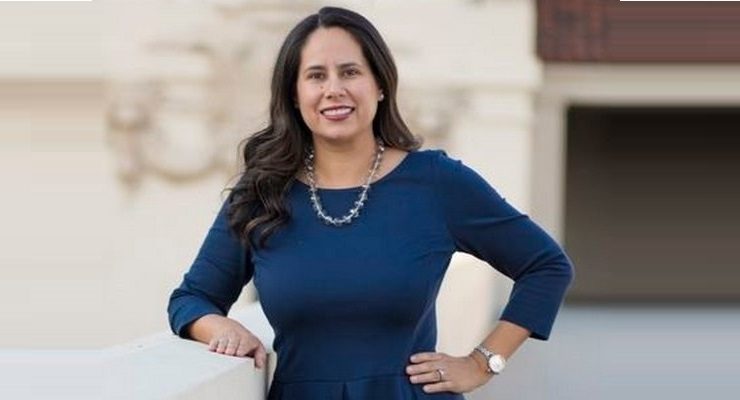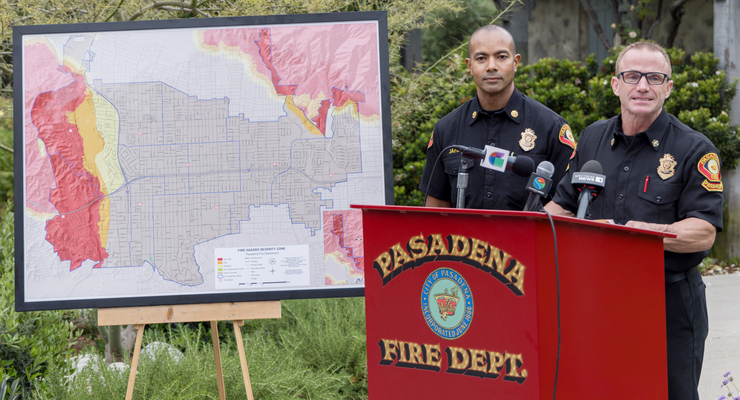
The Commission on the Status of Women on Wednesday heard on a report of former Chair Norma Fernandez on the impact of digital divide on women and girls.
During her presentation, Fernandez said the COVID-19 pandemic shed light on the severity of the digital divide in the country which existed even before the pandemic “but it also exacerbated the situation.”
According to Fernandez, over 18 million households or 52 million people in the US do not have high-speed internet service at home.
She also said 44 percent of households with incomes below $30,000 in the US are unconnected.
In California, she said, 91 percent of households have high-speed internet service at home. Despite the high percentage, she said the digital divide is prevalent among low-income communities and communities of color in the State.
According to Fernandez, 30 percent of households with incomes below $20,000 are unconnected or underconnected and 25 percent of Spanish-speaking Latinos are unconnected and unconnected in California.
“Definitely, the digital divide is affecting women especially those that have children at home that needed to all of a sudden learn how to help their students navigate remote learning which was a feat as you can imagine,” Fernandez told the commission.
Fernandez explained that when people do not have a device, the digital skills and are not connected, they will have limited access to needed information, services and opportunities available online.
“When folks have access to these tools, it really means that they have access to services and opportunities and resources that they may not have access to otherwise especially in a pandemic environment when we were stuck at home and we need to still do telemedicine and online banking and look for jobs online,” Fernandez said.
She added that digital inequality will also deepen existing educational and economic gaps.
Fernandez, CEO of EveryoneOn, a national non-profit organization which seeks to create social and economic opportunities by connecting low-income families to affordable internet services, devices and digital skills training, said there has been an increase in demand for low cost internet options in the country.
Fernandez said based on their research, extremely low income households cannot pay more than $10 a month for internet service.
With this, she encouraged the commission to promote low cost internet options that are available for the public.
She also urged the commission to promote programs available, including the Emergency Broadband Benefit that provides a subsidy of up to $50 per month for broadband service for eligible households.
“Right now it’s critical to ensure that as many people as possible know about these kinds of programs. It’s public funding and it’s not being utilized as much as it probably should be and can be,” Fernandez said.














 0 comments
0 comments


